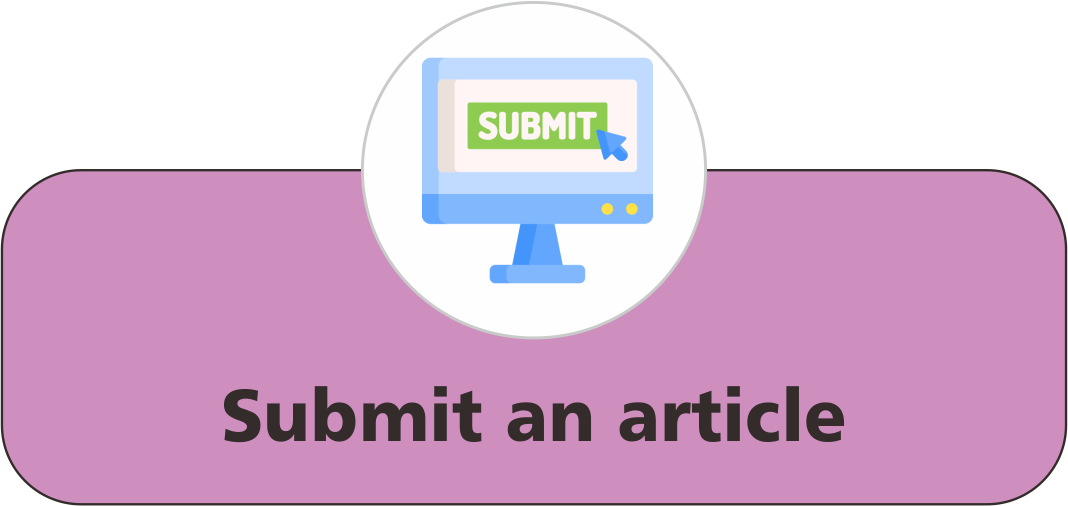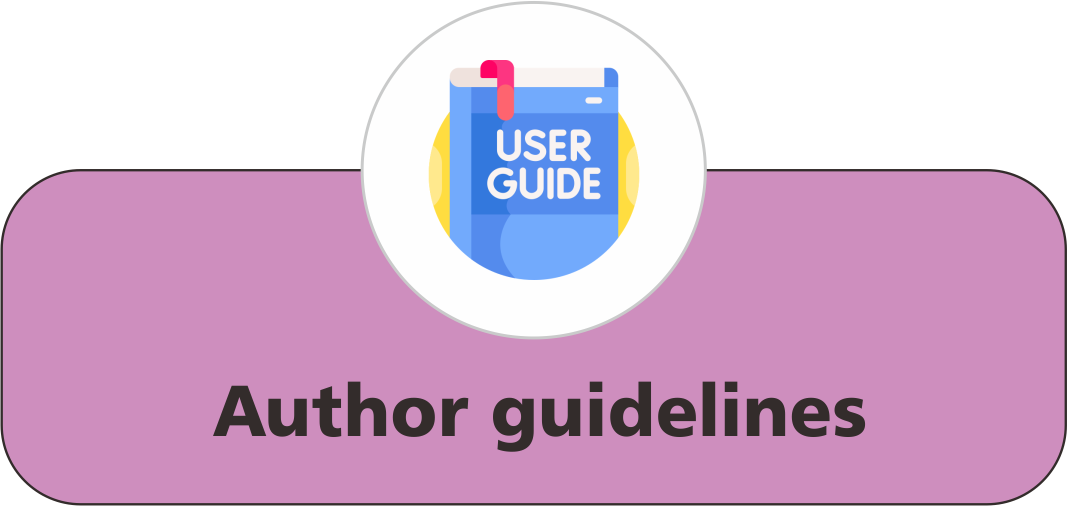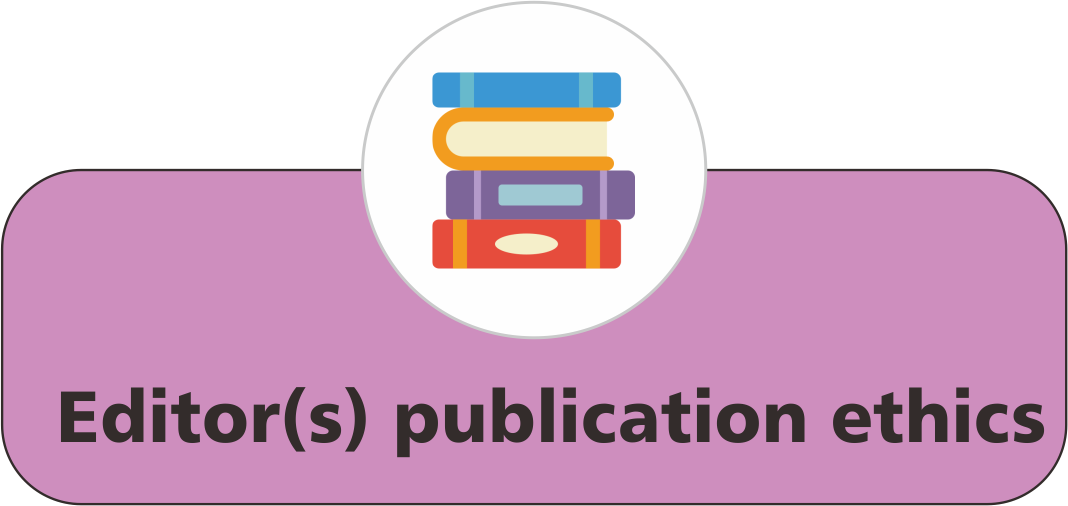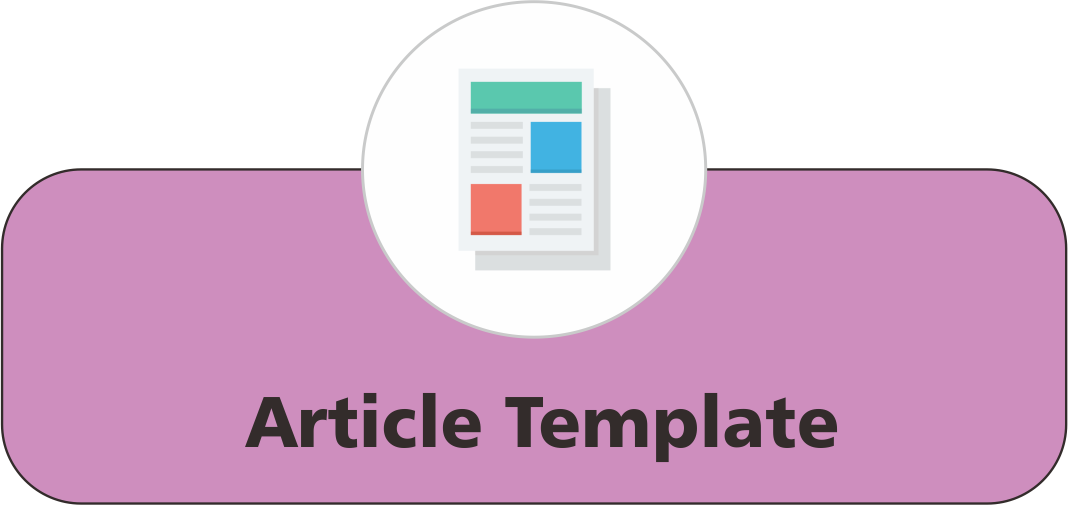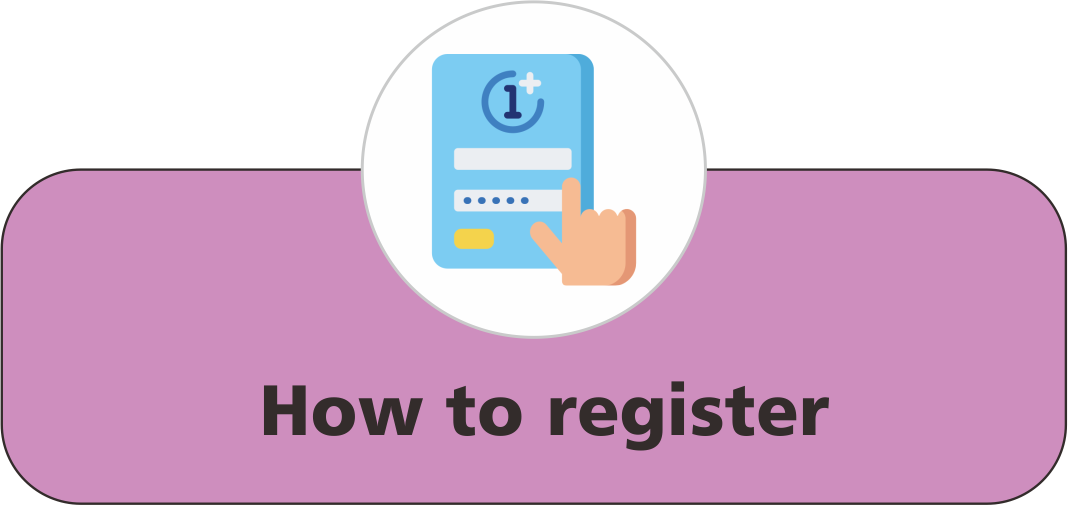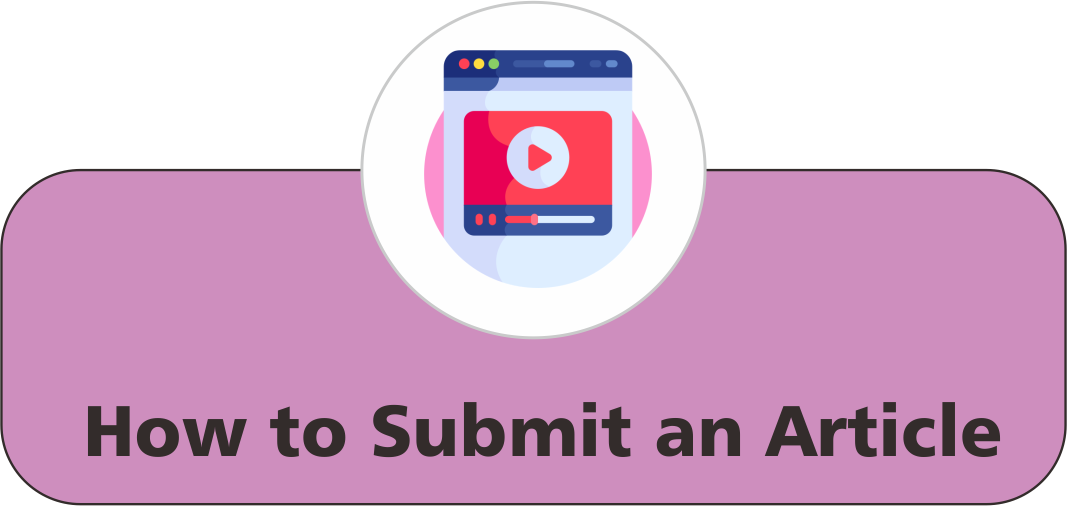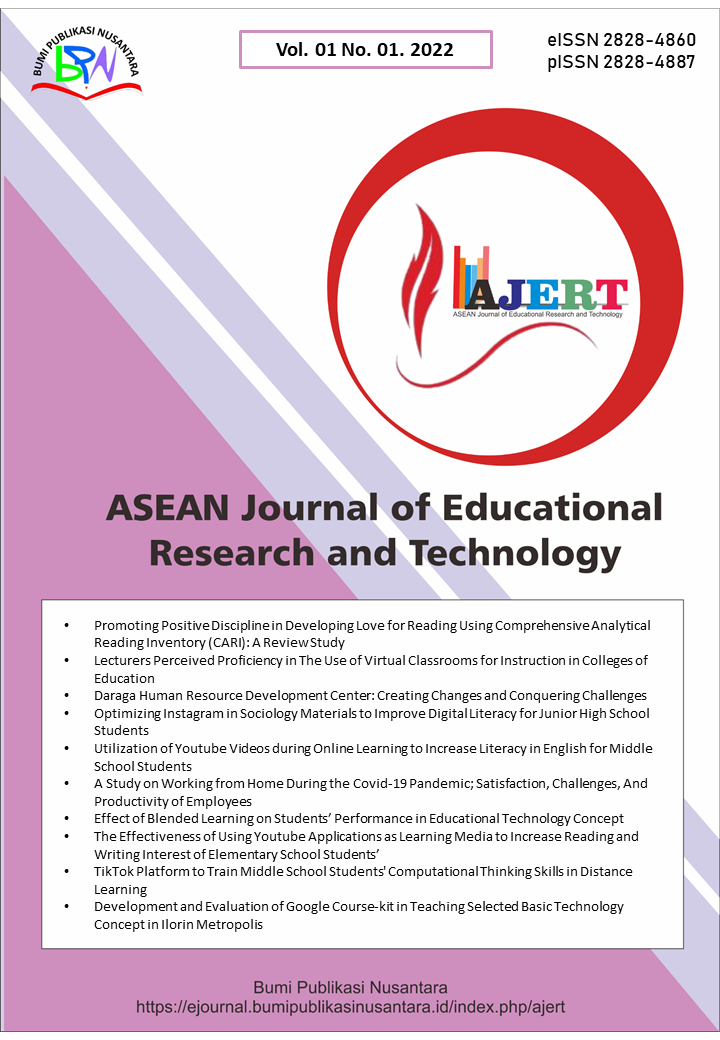Bibliometric Analysis Using VOSviewers with Publish or Perish of “Academic Reading”
 ),
),
(1) Universitas Pendidikan Indonesia
 Corresponding Author
Corresponding Author
Abstract
The purpose of this study is to present an overview of the development of research on academic reading. Data were obtained from POP with Google Scholar database from 2014-2024. A total of 776 articles were examined. We evaluated this database using Vosviewer analysis and categorized the articles. The results show that the development of research related to academic reading has fluctuated over the last 10 years. From hundreds to tens and in 2023 and 2024 the number of articles is only in the single digits. The most cited article was in 2014 with 330 citations. Four clusters were found. Ten items make up cluster 1 (academic article, academic reading, academic reading comprehension, academic reading skill, development, metacognitive reading strategy, metacognitive strategy, paper, and reading strategy). Cluster 2 with 8 items (academic achievement, academic performance, academic success, habit, impact, performance, reading habit, relationship). Cluster 3 with 5 items (comprehension, effectiveness, narrative text, reading comprehension, and recount text), and five items make up cluster 4 (academic purpose, academic text, article, practice, and university). We believe that this way will be more effective in summarizing various research results related to academic reading and will be useful in presenting comprehensive facts as an initial basis for conducting similar research.
Keywords
References
Anwar, I. W., and Sailuddin, S. P. (2022). Academic reading difficulties in higher education. Journal of Languages and Language Teaching, 10(2), 309-314.
Bano, J., Jabeen, J., and Qutoshi, S. B. (2018). Perceptions of teachers about the role of parents in developing reading habits of children to improve their academic performance in schools. Journal of Education and Educational Development, 5(1), 42-59.
Bastug, M. (2014). The structural relationship of reading attitude, reading comprehension and academic achievement. International Journal of Social Sciences and Education, 4(4), 931-946.
Berendes, K., Vajjala, S., Meurers, D., Bryant, D., Wagner, W., Chinkina, M., and Trautwein, U. (2018). Reading demands in secondary school: Does the linguistic complexity of textbooks increase with grade level and the academic orientation of the school track?. Journal of Educational Psychology, 110(4), 518-543.
Bergey, B. W., Deacon, S. H., and Parrila, R. K. (2017). Metacognitive reading and study strategies and academic achievement of university students with and without a history of reading difficulties. Journal of Learning Disabilities, 50(1), 81-94.
Chevalier, T. M., Parrila, R., Ritchie, K. C., and Deacon, S. H. (2017). The role of metacognitive reading strategies, metacognitive study and learning strategies, and behavioral study and learning strategies in predicting academic success in students with and without a history of reading difficulties. Journal of Learning Disabilities, 50(1), 34-48.
Dumont, H., Trautwein, U., Nagy, G., and Nagengast, B. (2014). Quality of parental homework involvement: Predictors and reciprocal relations with academic functioning in the reading domain. Journal of Educational Psychology, 106(1), 144-161.
Fitriana, M. (2018). Students’ reading strategies in comprehending academic reading: A case study in an Indonesian private collage. International Journal of Language Education, 2(2), 43–51.
Handayani, W., Setiawan, W., Sinaga, P., Suhandi, A., Studi, P., Fisika, P., Tarbiyah, F., Keguruan, D., Sunan, U., Djati, G., and Jalan, B. (2018). Physics student teachers’ reading comprehension skills of science and physics texts. Jurnal Inovasi Pendidikan IPA, 4(2), 203–211.
Hirano, E. (2015). ‘I read, I don’t understand’: refugees coping with academic reading. ELT Journal, 69(2), 178-187.
Inayah, R., and Rahayu, S. (2015). Exploring students’ difficulties in comprehending reading for academic materials used in their class. P2M STKIP Siliwangi, 2(2), 240-245.
Jones, S. M., LaRusso, M., Kim, J., Yeon Kim, H., Selman, R., Uccelli, P., and Snow, C. (2019). Experimental effects of Word Generation on vocabulary, academic language, perspective taking, and reading comprehension in high-poverty schools. Journal of Research on Educational Effectiveness, 12(3), 448-483.
LaRusso, M., Kim, H. Y., Selman, R., Uccelli, P., Dawson, T., Jones, S., and Snow, C. (2016). Contributions of academic language, perspective taking, and complex reasoning to deep reading comprehension. Journal of Research on Educational Effectiveness, 9(2), 201-222.
Li, X., and Chu, S. K. W. (2021). Exploring the effects of gamification pedagogy on children’s reading: A mixed‐method study on academic performance, reading‐related mentality and behaviors, and sustainability. British Journal of Educational Technology, 52(1), 160-178.
Macdonald, K., Milne, N., Orr, R., and Pope, R. (2018). Relationships between motor proficiency and academic performance in mathematics and reading in school-aged children and adolescents: A systematic review. International Journal of Environmental Research and Public Health, 15(8), 1603.
Martiarini, E. (2018). Reading for academic purposes: Problems faced by undergraduate students of visual communication design, University of Indraprasta PGRI. Channing: Journal of English Language Education and Literature, 3(1), 16-26.
Mizrachi, D. (2015). Undergraduates' academic reading format preferences and behaviors. The Journal of Academic Librarianship, 41(3), 301-311.
Polat, N., Zarecky-Hodge, A., and Schreiber, J. B. (2016). Academic growth trajectories of ELLs in NAEP data: The case of fourth-and eighth-grade ELLs and non-ELLs on mathematics and reading tests. The Journal of Educational Research, 109(5), 541-553.
Prediger, S., and Zindel, C. (2017). School academic language demands for understanding functional relationships: A design research project on the role of language in reading and learning. Eurasia Journal of Mathematics, Science and Technology Education, 13(7b), 4157-4188.
Schaffner, E., Philipp, M., and Schiefele, U. (2016). Reciprocal effects between intrinsic reading motivation and reading competence? A cross‐lagged panel model for academic track and nonacademic track students. Journal of Research in Reading, 39(1), 19-36.
Scott, J. A., and Hoffmeister, R. J. (2016). American Sign Language and academic English: Factors influencing the reading of bilingual secondary school deaf and hard of hearing students. The Journal of Deaf Studies and Deaf Education, 22(1), 1-13.
Solovyev, V., Ivanov, V., and Solnyshkina, M. (2018). Assessment of reading difficulty levels in Russian academic texts: Approaches and metrics. Journal of Intelligent and Fuzzy Systems, 34(5), 3049-3058.
Stoffelsma, L., and Spooren, W. (2019). The relationship between English reading proficiency and academic achievement of first-year science and mathematics students in a multilingual context. International Journal of Science and Mathematics Education, 17, 905-922.
Susilowati, E. (2021). Kemampuan mahasiswa membaca teks ilmiah pada program studi pendidikan bahasa Indonesia FKIP Untan Pontianak. Jurnal Pembelajaran Prospektif, 6(1), 23–29.
Tauhidah, D., Susilo, H., and Suwono, H. (2018). Pengaruh model project based learning terhadap kemampuan membaca artikel penelitian mahasiswa biologi. Jurnal Pendidikan: Teori, Penelitian, dan Pengembangan, 3(7), 962-967.
Vuong, Q. H., Nguyen, M. H., and Le, T. T. (2021). Home scholarly culture, book selection reason, and academic performance: Pathways to book reading interest among secondary school students. European Journal of Investigation in Health, Psychology and Education, 11(2), 468-495.
Whitten, C., Labby, S., and Sullivan, S. L. (2019). The impact of pleasure reading on academic success. Journal of Multidisciplinary Graduate Research, 2(1), 48-64.
Yulia, M. F., Sulistyo, G. H., and Cahyono, B. Y. (2020). Affective engagement in academic reading: What EFL student teachers reveal. International Journal of Evaluation and Research in Education, 9(3), 791–798.
Article Metrics
Abstract View : 734 times
: 734 times Download : 336 times
Download : 336 times
Refbacks
- There are currently no refbacks.
Copyright (c) 2024 Bumi Publikasi Nusantara

This work is licensed under a Creative Commons Attribution-ShareAlike 4.0 International License.

